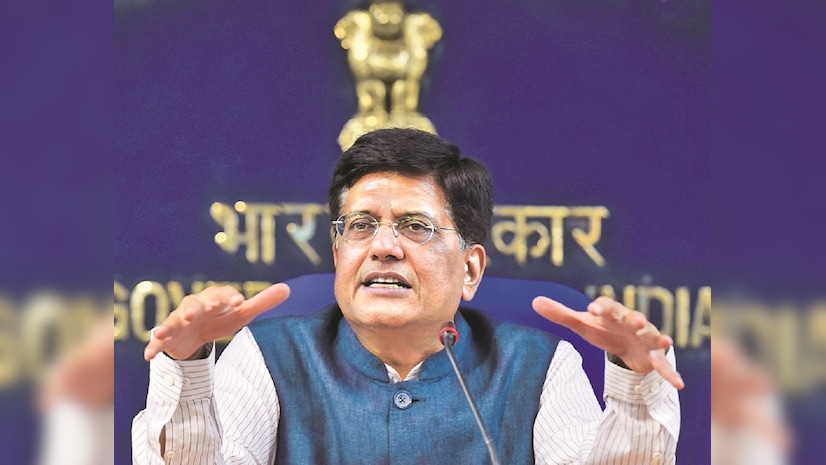The government plans to liberalize procurement rules for new, innovative products

Piyush Goyal, Union Minister for Commerce and Industry, Consumer Affairs, Food and Public Distribution, and Textiles
The government wants to liberalize government procurement rules for the production of new and innovative products, in line with its focus on the Make in India programme.
“Some sectoral adjustments may still be necessary for government tenders. There are certain sectors where the ecosystem needs time to develop. Initially the added value is smaller, but gradually increases. We are exploring whether we can have a roadmap for these sectors so that they can move to Class I or Class II suppliers,” Commerce and Industry Minister Piyush Goyal said on Sunday.
The list of products to be included in the new and innovative products will be determined after the inter-ministerial meeting.
“(Based on the industry recommendation) another thing that is being considered is the procurement rules for manufacturers who are producing a product for the first time in India. Normally, prior experience is required for tenders. We are looking at ways to make them eligible for supply through laboratory testing or other means,” Goyal said.
These suggestions came up during the minister’s interaction with the CEOs of over 140 beneficiary companies of production-linked incentives (PLI), including Samsung, Reliance Industries, JSW Steel, Dixon, Sun Pharmaceuticals and Daikin, among others.
Currently, companies that produce goods, services or works with at least 50 percent local content are called Class I local suppliers. They are given the highest preference in government contracts.
The goods, services or works of a local supplier of class II have 20 to 50 percent local content. A non-local supplier is a supplier with less than 20 percent local content. This class is generally the least preferred in government procurement under the Procurement Decree, unless no local class I or class II suppliers are available for a specific requirement.
As for the progress of the PLI programme, investments in the 14 sectors are expected to reach an estimated Rs 2 trillion next year, compared to Rs 1.46 trillion now.
This has resulted in production/sales worth Rs 12.5 trillion and employment generation of around 9.5 lakh – direct and indirect – which is expected to reach 12 lakh soon.
Exports have crossed Rs 4 trillion, with substantial contributions from key sectors such as electronics, pharmaceuticals and food processing.
The government is also expediting all necessary approvals related to PLI industries and providing handholding support in achieving greater market access, the minister said while interacting with the CEOs of PLI beneficiaries.
Goyal further urged CEOs to focus on increasing domestic value addition in their products to make India self-reliant.
“During the three-hour interaction, CEOs of the beneficiary companies shared their views on the PLI schemes, offering valuable insights into their experiences, success stories and suggestions to improve the effectiveness of the schemes and streamline implementation,” said a official statement.
First publication: September 29, 2024 | 7:05 PM IST
